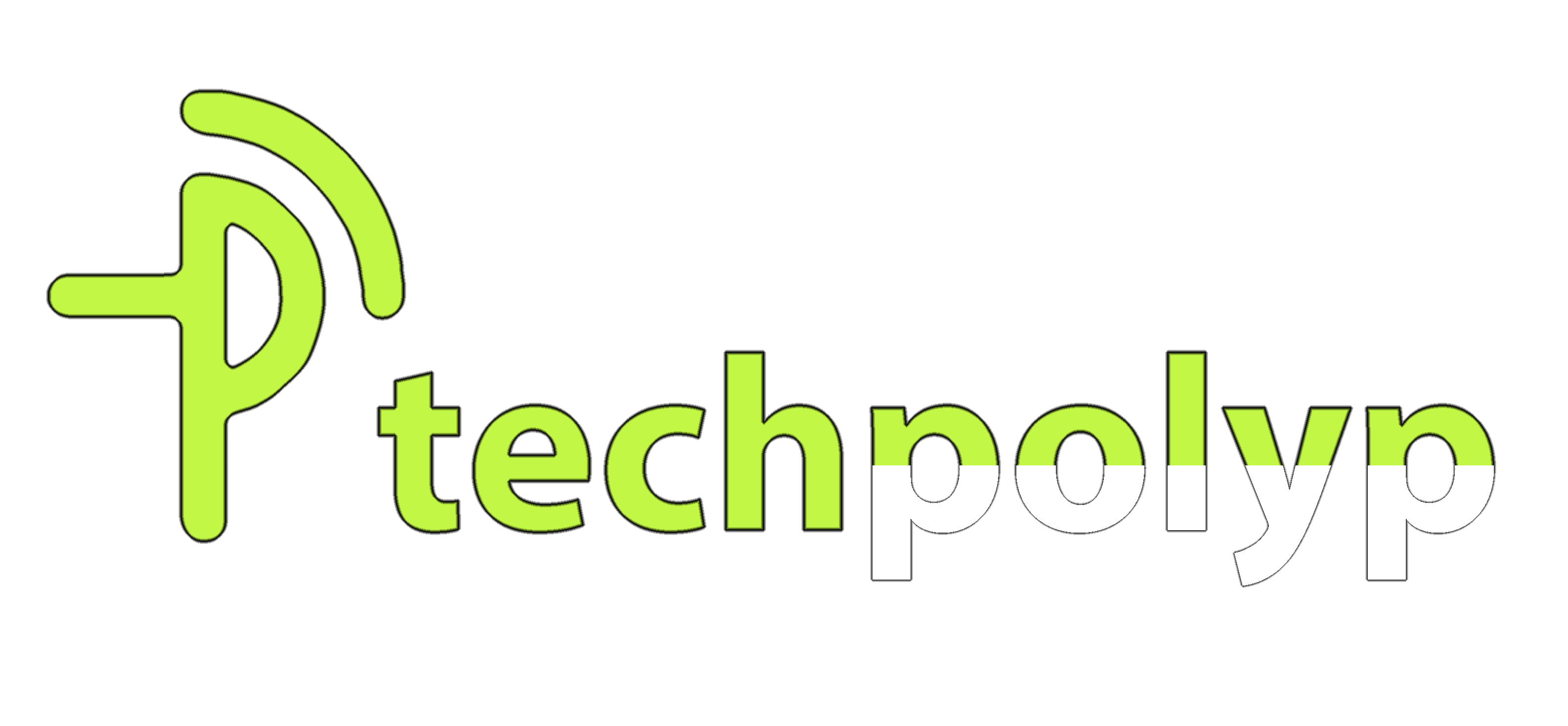When you purchase through links on our site, we may earn an affiliate commission. This doesn’t affect our editorial independence.
Chinese firm, DeepSeek has revealed that it is limiting access to its API service because of server capacity issues. The AI models recently released by the company have garnered a lot of attention.
The Chinese firm stated that it is restricting access to its API service due to server capacity problems.
“We have temporarily suspended API service recharges due to current server resource constraints to prevent any potential impact on our operations. Existing balances can still be used for calls. Your understanding is much appreciated,” the company announced.
DeepSeek unveiled an AI chatbot last month that was as sophisticated as AI models made by better-funded competitors in the US. It also made it at a fraction of the cost of already existing AI models. The news made headlines and sent several tech stocks down. The company launched its chatbots at a time when artificial intelligence was at a turning point. There are barriers to adoption and accessibility which are mainly cost and environmental concerns.
DeepSeek to Introduce Charges
Some competitors have expressed worry over its low prices, however, DeepSeek has announced that the discounts for accessing its model will expire on February 8. Accordingly, the cost of the chatbot will be 2 yuan for every million tokens that are received and 8 yuan for every million tokens that are sent out. There will be a cost of 4 yuan for every million receiving tokens and 16 yuan for every million exiting tokens once the inference model is operational.
DeepSeek’s app shot to the top of the App Store resulting in a major turbulence on Wall Street. This is after it released its R-1 AI model in late January. It resulted in stock market losses for billionaires and tech companies alike.
However, Deepseek is facing the same struggles in some countries as the Chinese app TikTok is facing in the US. Despite its immense popularity, it is viewed with caution. They believe it poses a threat to national security, and some countries have outlawed its usage in government organizations or generally. The Dutch government, for instance, prohibited civil servants from using the Chinese chatbot today due to concerns that it could be used for spying. Italy had already restricted access to the chatbot.










